Useful and beautiful: how practical items gave the Blind School its own aesthetic
Two lovely objects produced for the Blind School both reflect the skills taught on the premises.
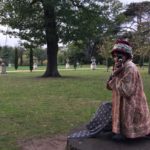 Survey results: deaf and disabled people in the cultural sector,
Survey results: deaf and disabled people in the cultural sector,
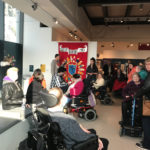 Curating for Change: deaf and disabled people leading in museums,
Curating for Change: deaf and disabled people leading in museums,
 ‘I was always rebelling against the system’,
‘I was always rebelling against the system’,
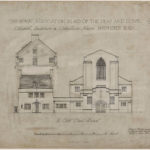 BSL introduction to the stories of Deaf people told by the History of Place project,
BSL introduction to the stories of Deaf people told by the History of Place project,
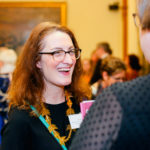 Take our surveys, help us as we develop a work placement programme,
Take our surveys, help us as we develop a work placement programme,
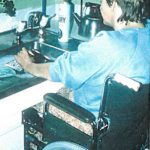 Washing up,
Washing up,
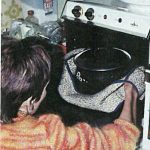 Cooking,
Cooking,
 Typing,
Typing,
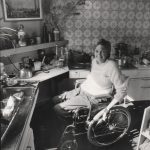 Kitchen at Grove Road – two,
Kitchen at Grove Road – two,
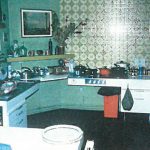 Kitchen,
Kitchen,
Two lovely objects produced for the Blind School both reflect the skills taught on the premises.
Edward Rushton’s brave and exciting life gets mashed up with quotes, nicknames and krakens as we develop a digital game about his life with young people from Liverpool.
Training for our research group, and for members of Liverpool Mencap who picked up ideas about how to use their own archive.
The team in Liverpool receive visual impairment awareness training at St Vincent’s School.
How the School for the Blind’s landmark building fell into disrepair and has found a new use but contains echoes of the past.
Merging past and future, fact and fiction with the help of a drama chap with an interesting suitcase, pupils at St Vincent’s are making a digital game based on the life of Edward Rushton.
As troops moved in and out of Liverpool during the Second World War, a gold bust of Blind School founder Edward Rushton disappeared.
Trade unionist and political activist described as ‘the most cheerful man in the Labour movement’.
Tips for Heritage Open Days – from tour guiding to helping your visitors engage in a multi-sensory way.